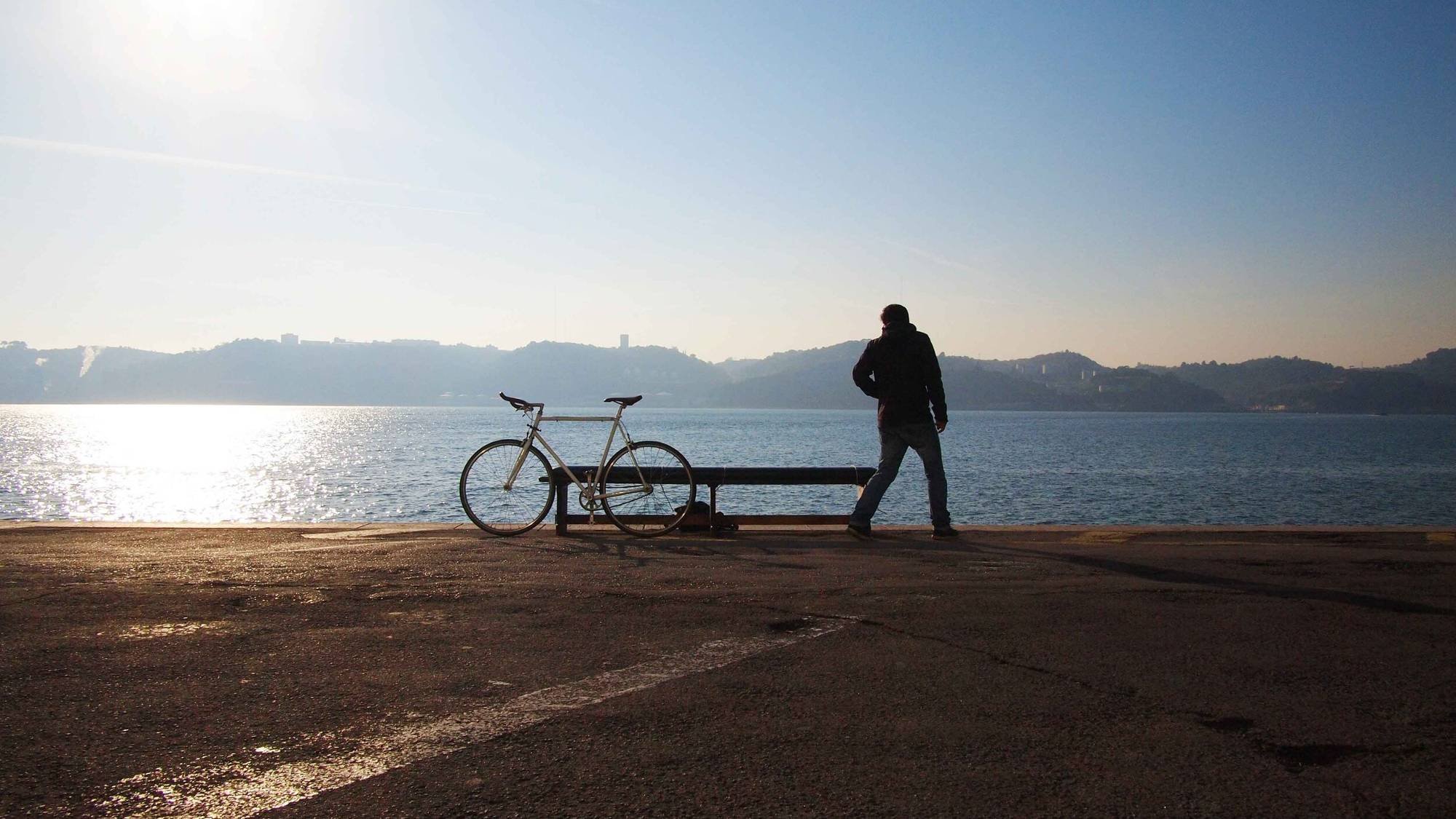
Blog Posts
Filter posts by topic:
Select a topic:
- ADR
- About Me
- Automobile Accident
- Child Inclusive Mediation
- Child Support
- Child custody
- Children
- Civil Case
- Collaborative Law
- Contractor
- Crime Victim
- Divorce
- Education Mediation
- Elder Law Mediation
- Estate Settlement Mediation
- Family Mediation
- Filing for Divorce
- Free Speech
- Health Care Mediation
- Ice and Snow
- Injuries
- Insurance
- Lawyer Wellness
- Mediation
- Name Change
- Negligence or Personal Injury Mediation
- Negotiation
- Parenting Plans
- Personal injuries
- Prison
- Real Estate and Housing Mediation
- Restorative Justice
- School
- Settlement
- Slip and fall
- Small Business Mediation
- Victim Offender Dialog
- West Virginia State Bar
- Wills and Estates
- Workplace Mediation
Search posts:
Restorative Justice--It is just Common Sense!
The Joint Alternative Dispute Resolution Committee, comprising members of The Virginia Bar Association and Virginia State Bar published their quarterly newsletter this week and have included my short article on restorative justice. The article describes one case when I witnessed an offender apologize, sparking my interest in what was then referred to as Victim Offender Reconciliation Program (VORP). It was a pleasure it is for me to share this experience and my own education on the topic with the extended alternative dispute resolution professionals in the Commonwealth.
Free Webinar about Restorative Justice and Lawyering
On December 7, 2016, I’ll be joining Howard Zehr for a webinar on Restorative Lawyering. Restorative Lawyering is a model of practicing law that I have been developing along with colleagues such as Marshall Yoder and Susan Marcus. Restorative lawyering adopts the guiding principles and values of restorative justice. In doing so, we look at each situation, problem, or conflict and often start by asking, “Has there been harm that needs to be addressed?” and “What can be done to make right the wrongs?” These fundamental questions, central to restorative justice, change the focus from what statute or rule has been violated to what can be done to make things better.
Appalachian Values and Drug Courts: Part II
Last week I enjoyed visiting the Appalachian Center at the University of Kentucky where I participated in a discussion about Appalachian cultural values and legal institutions. Typically when I participate in any discussion about legal institutions, issues arise pertaining to an increasing dependence in the United States on legal institutions to resolve broad categories of conflicts. This discussion was no exception. We considered issues related to resolving social problems and addiction through the criminal judicial processes.
Drug Courts in Appalachia: Part I
Last week, I had the pleasure of participating in a conversation, a “SWAP,” at the Appalachian Center at the University of Kentucky. The center, directed by anthropologist Ann Kingsolver, works to facilitate stronger connections between the UK faculty and students who are working with a focus on Appalachia. The center also works to strengthen relationships between those of us doing work in the Appalachian region and UK.
The Potential for Mediation in Criminal Cases
Mediation has not historically occurred in criminal cases or quasi-criminal cases in the United States. However, in the late 20th century, processes similar to mediation became employed in some cases. These processes resemble mediation because they are usually voluntary, inclusive, informal, and allow for a more expansive list of options to resolve the underlying problems. While mediation is almost always beneficial in civil cases, criminal cases must be evaluated on a case-by-case basis to determine if they are suitable for these processes.
Restorative Justice and Alternative Sentencing
I am on my way to Morgantown to attend a symposium focusing on Prisons in Appalachia. I will be joining a fabulous roundtable discussion on Restorative Justice and Alternative Sentencing tomorrow morning featuring Judge Michael Aloi, Jacqueline Roebuck Sacko, Jim Nolan and Valena Beety. In my portion of the session I’ll be providing a bit of an introduction to restorative justice.






